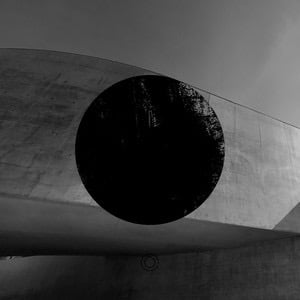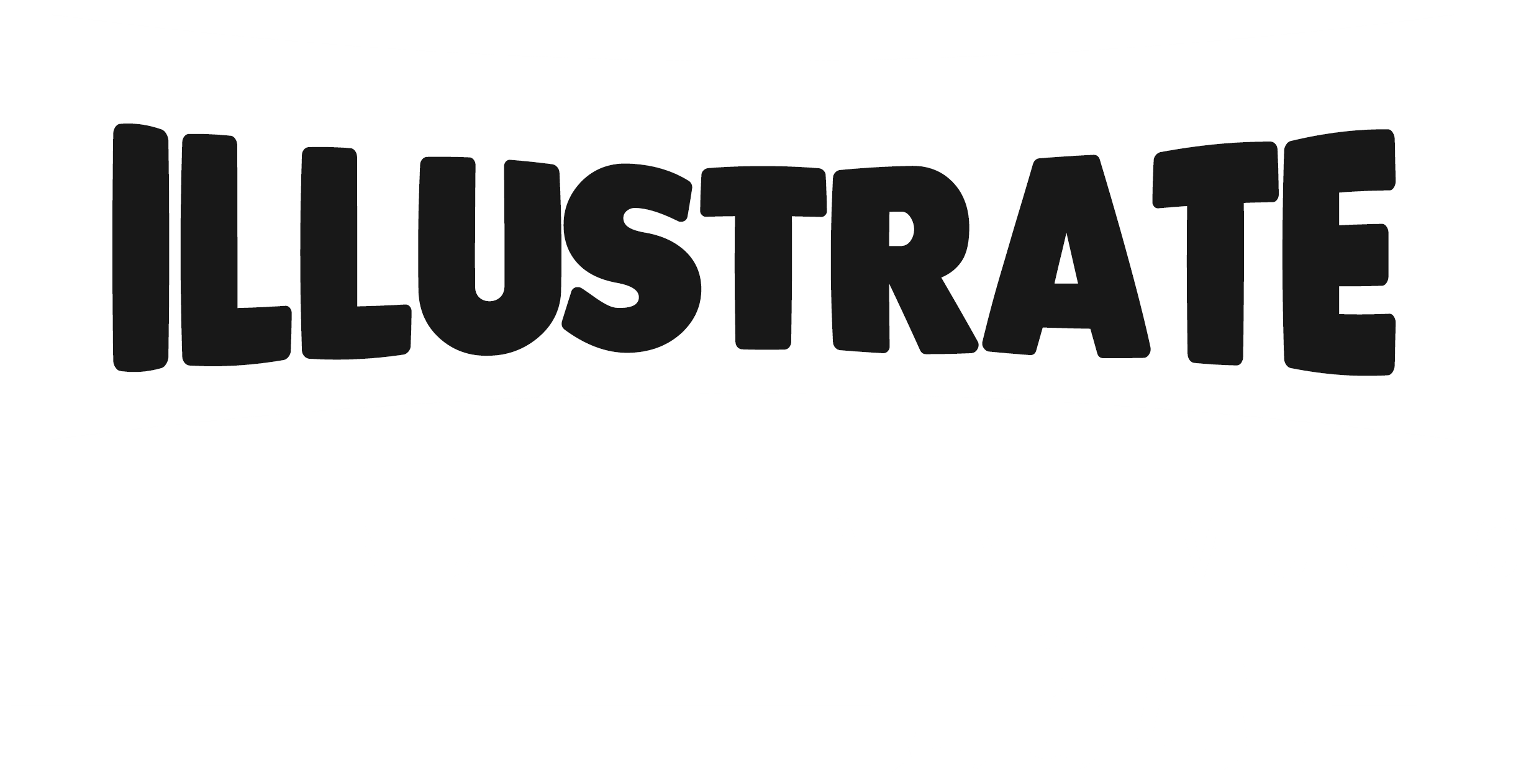The multi-genre project Electrons in Slow Motion was created by artist and producer Marius Copel, who was born in Bucharest. a fluid device created to intensely stimulate the senses. “There is an interior universe that is visible if one looks deeply inside the mind. If two or more people have a shared experience deep within their bodies, it is no longer just an inland space. It is a fact. Everything is tied together.”
After their first four studio albums, they were recognized as a significant new act in the cinematic electronic music scene (two LPs and two EPs),
EISM makes a comeback with TUGHRA, a unique collection of sonic signatures centered towards audacious expression and sound design rather than predetermined genres. Check out the latest release and the exclusive interview below:

1. Can you tell us a bit about where you come from and how you got started?
ELECTRONS IN SLOW MOTION:
Hi, there! I was born Bucharest in the ’80s, in the communist era. My early contact with electronic music was always in the form of bootlegged VHS cassettes. The first decade after the Revolution brought a big opening in the old system and the new music was suddenly available for most of us. In the late part of the ‘90s I got involved in my first studio experiments and this state of being was never going to leave me since. But only from 2015 I fully dedicated myself to this way of living. So it is kind of a decades-long sinuous journey and I truly feel like this is only the beginning.
2. Did you have any formal training or are you self-taught?
ELECTRONS IN SLOW MOTION:
If I am not 100% self-taught, I must be 99% at least. My training is composed of small and constant accumulations of life stories and experiences, listening to fragments of music from 1 million artists from 100 eras, watching other artists play and work in their medium, trying to have a relationship with several instruments and sound sources, a long chain of trial and error, the full-time process of slowly bringing to the material world ideas from a deep, unknown, interior space, using only bits of music theory that I might need in the moment and never relying too long on the established norms.
3. Who were your first and strongest musical influences and why the name
‘ELECTRONS IN SLOW MOTION’?
When I talk about my influences I always forget someone. There are so, so many. And not just from the music world. But I will make a short, very eclectic but fundamental list: Kraftwerk, Prodigy, Jean-Michel Jarre, Brian Eno, Chemical Brothers, Tangerine Dream, Clint Mansell, Edward Artemyev. Regarding my name choice as an artist, I see it as a visual metaphor. The electrons are some of the fastest particles in this Universe, capable of “flying” with 300 million meters per second. If we could watch them in slow motion, a completely new perspective of existence could emerge. Something we have never encountered with the immediate perception. This was the image and feeling that made me choose it as an artist name. Also, it sounds more like a band name than a solo project and this keeps alive for me the idea to turn EISM into a collective act for specific occasions.
4. What do you feel are the key elements in your music that should resonate with listeners, and how would you personally describe your sound?
ELECTRONS IN SLOW MOTION:
I like to believe that my work opens new perspectives starting from an abstract, lyrics-less musical speech. I hope it brings to the surface images and feelings from a deeper place, that is hidden in the mind and souls of the listeners. A distinct, new trip through both worlds. My music always navigates, it is never static. It might by slower or faster, but it “stays” in motion. The sound is fluid, rugged, melodic and harsh, warming and glacial. And I really love imperfections that complete the ensemble, the full body. Because they bring the solid, true, uncompromised harmony.

ELECTRONS IN SLOW MOTION:
My influences came from so many places, that the mosaic was from the beginning kind of distinct. I have never tried to reproduce other people’s work. Not even for practice. For me it was a waste of time and artistic energy. I was in a better place making my own mistakes and attempts. Trial was my teacher. Of course, I have watched and studied the masters as focused as I could, I also found inspiration from emerging, unknown or forgotten artists, but only as a fuel for the hunger of creating my own, authentic work. The style I have developed until now is the product of a very organic process. It came from inside. And it is still in motion. I call it Cinematic Electronica because it is a visual and liquid type of sound expression.
6. What’s your view on the role and function of music as political, cultural, spiritual, and/or social vehicles – and do you try and affront any of these themes in your work, or are you purely interested in music as an expression of technical artistry, personal narrative and entertainment?
ELECTRONS IN SLOW MOTION:
An artist should be first of all true to himself. And deal with the consequences. If she/he wants to be a social or political vector and this is made with the right intentions, I am fine with that. But everyone is free to express the true, personal nature, if this is not hurting someone else. I believe in both types of artistic speech. Concrete and abstract. Social catalyst or pure personal expression. What I don’t understand is music as a technical artistry, it is almost like a cheap circus act for me. And no, true, perennial music should not be entertainment by default. This might be an effect but never the main engine.
7. Do you feel that your music is giving you back just as much fulfilment as the amount of work you are putting into it, or are you expecting something more, or different in the future?
ELECTRONS IN SLOW MOTION:
Most of time is rewarding, but I am not putting in the effort to achieve something specific back, in the first place. The fulfilment is that I have the chance to make my own art and that I can share it with someone else. If this brings more, It is a happy consequence. Of course, I am always developing the act and I wish to reach more and more listeners, in live shows or with studio materials, but only to complete the circular path initiated with the first notes of a track.
8. Could you describe your creative processes? How do usually start, and go about shaping ideas into a completed song? Do you usually start with a tune, a beat, or a narrative in your head? And do you collaborate with others in this process?
ELECTRONS IN SLOW MOTION:
I start as simple as I can. With some chords or a simple melody. Sometimes I have a briefly written concept. A very concentrated narrative. Almost like a Japanese haiku. The sound design has a massive role, right at the beginning. The timbre and texture are the most important generators for me. After the first loop takes shape, I listened to it until an image is born in my head. It must be something visual with a feeling attached to it. Afterwards, the track architecture starts to show up slowly and organic. Then I try to turn it into something solid and reliable. Most of the time I work solo but in the near future I will engage in some very interesting collaborations.
9. What has been the most difficult thing you’ve had to endure in your life or music career so far?
ELECTRONS IN SLOW MOTION:
No doubt here: the pandemic period. Besides the truly important medical and economic consequences that affected billions, the art scene took also a tremendous hit. All the live acts and events canceled. No horizon. And it is not fully recovered and in the place it should be. Not even now.
10. On the contrary, what would you consider a successful, proud or significant point in your life or music career so far?
ELECTRONS IN SLOW MOTION:
I will keep away from giving names, because I truly care about all the people and all the moments, big or small, that gave me a path in this world. Still I have some milestones that always empower me in a particular way: the first time my music was aired in one of the most important shows in Europe; the LP I have released at a very special label form the other side of the Planet; the theatrical premiere, with a full-house, of the first film with a score and soundtrack composed by Electrons in Slow Motion.
KEEP IN TOUCH:
FACEBOOK | INSTAGRAM | SPOTIFY | BANDCAMP | WEBSITE | YOUTUBE


